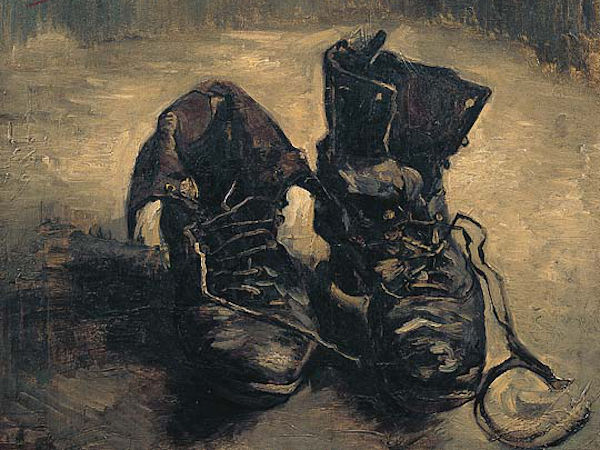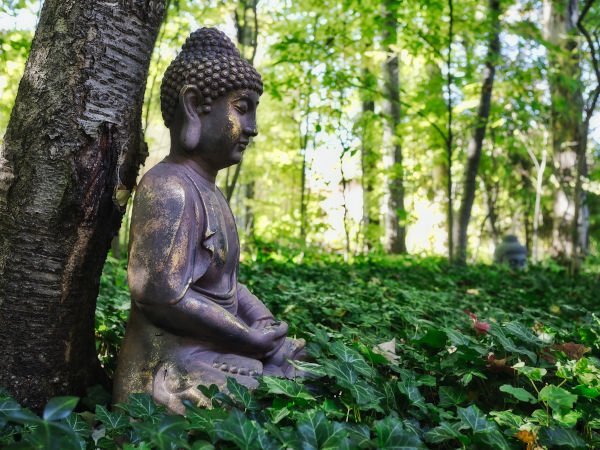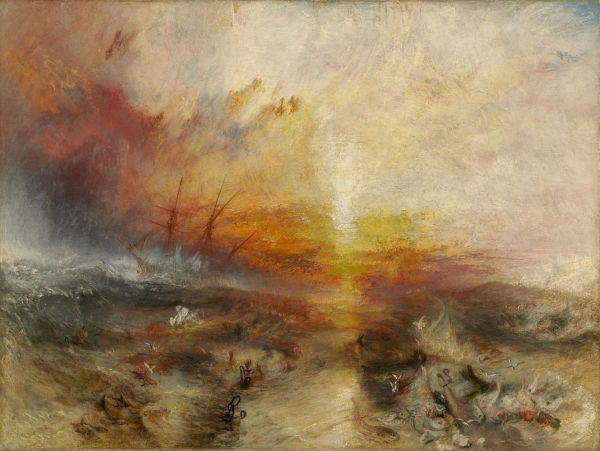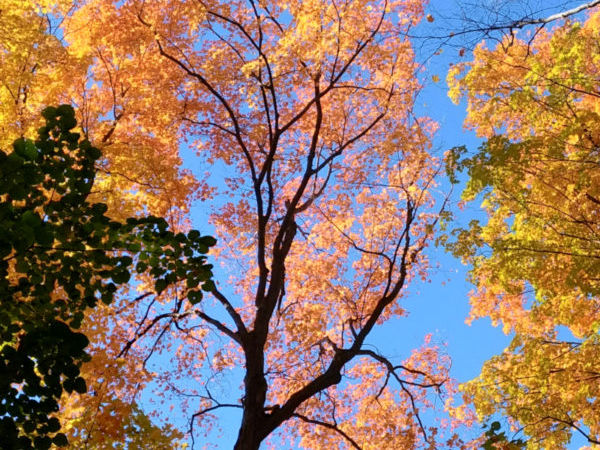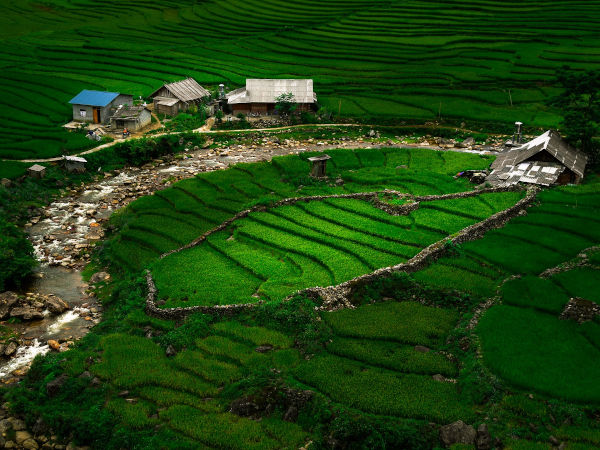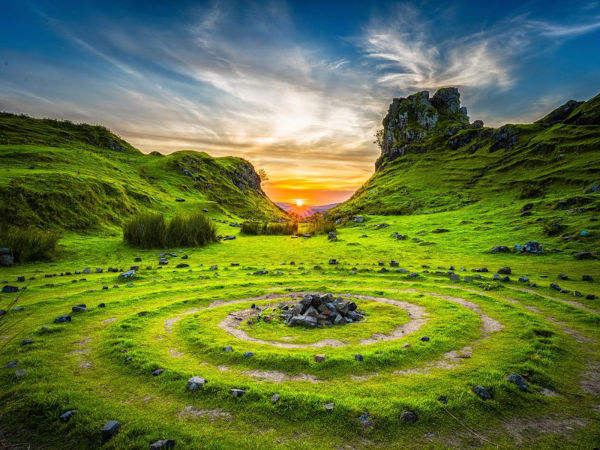In part 1 of this 3 part blog post series, I used quotes from Martin Heidegger’s Poetry, Language, Thought to portray the idea of dwelling poetically. Part of dwelling poetically is appreciating the essences of non-human entities in the world, and understanding that we are always in a relationship with something else. In this post, I will use quotes specifically from his essays “Building, Dwelling, Thinking” and “The Thing” to show how the quality of our relationships with “things” changes our existential relationship with ourselves and with the cosmos.
An older version of this post was originally published in an old blog from 2017.
What does it mean to dwell?
The meaning of dwelling can be understood in different ways: dwelling as a building; dwelling as staying in place; dwelling as a way of living. When we understand that these perspectives are not separate meanings but intertwined aspects of our relationship with the world, we got closer to understanding the essence of being human.
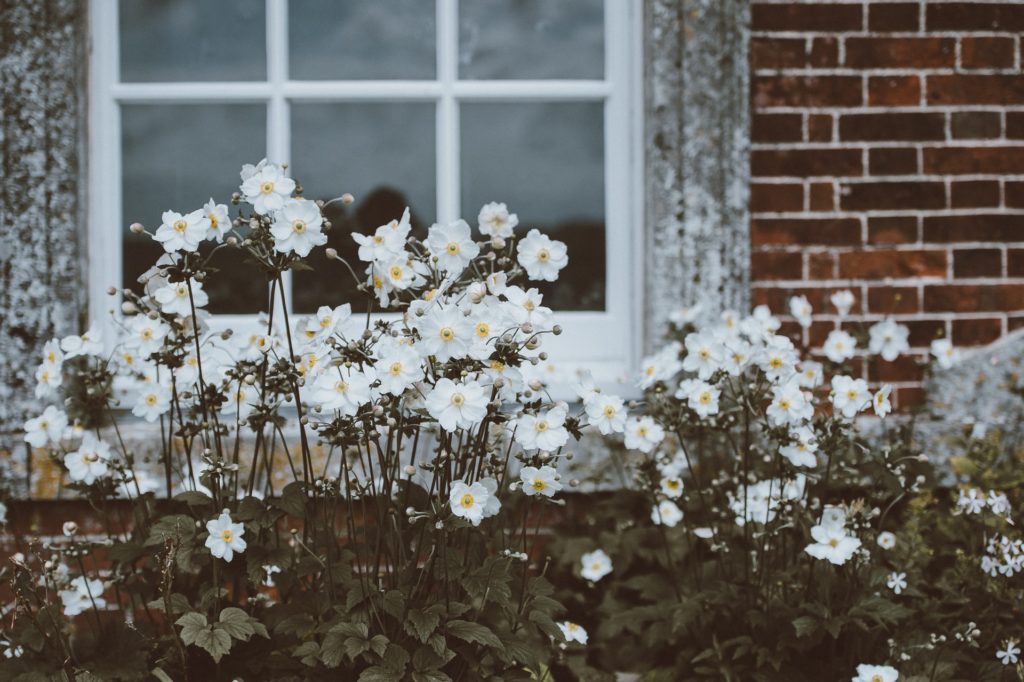
Now to be sure the old word buan not only tells us that buaen, to build, is really to dwell; it also gives us a clue as to how we think about the dwelling it signifies.
When we speak of dwelling we usually think of an activity that man performs alongside many other activities. We work here and dwell here. We do not merely dwell – that would be virtual inactivity – we practice a profession, we do business, we travel and lodge on the way, now here, now there. (pg. 145)
To build originally means to dwell. To dwell means to live our lives.
To be a human being means to be on the earth as a mortal. It means to dwell. The old word bauen, which says that man is insofar as he dwells, this word bauen however also means at the same time to cherish and protect, to care for, specifically to till the soil, to cultivate the vine. Such building only takes care – it tends the growth that ripens into its fruit of its own accord. (pg. 145)
To dwell also means to care for our home.
To die means to be capable of death as death. Only man dies, and indeed continually, as long as he remains on earth, under the sky, before the divinities. When we speak of mortals, we are already thinking of the other three along with them, but we give no thought of the simple oneness of the four. (pg. 148)
As mortals, by living, we are already thinking of the earth, the sky, and the divine (because of our inevitable death).
Mortals are in the fourfold by dwelling. But the basic character of dwelling is to spare, to preserve. Mortals dwell in the way they preserve the fourfold in its essential being, its presencing. (pg. 148)
To dwell, is to preserve the fourfold of earth, sky, mortality, and divinity.
Dwelling preserves the fourfold by bringing the presencing of the fourfold into things. But things themselves secure the fourfold only when they themselves as things are let be in their presencing. How is this done? In this way, that mortals nurse and nurture the things that grow, and specially construct things that do not grow. (pg. 149)
With care (e.g., through nurture and construction), mortals bring the fourfold relationship into things. That is how we dwell.
Man puts the longest distances behind him in the shortest time.
He puts the greatest distances behind himself and thus puts everything before himself at the shortest range.” (pg. 163)
Humans don’t like to deal with great distances, so we counter distance with speed.
What about nearness? How can we come to know its nature? Nearness, it seems, cannot be encountered directly. We succeed in reaching it rather by attending to what is near. Near to us are what we usually call things. But what is a thing? (pg. 164)
But nearness, we can understand by reaching out to things.
In what does the jug-character of the jug consists? We suddenly lost sight of it —at the moment, in fact, when the illusion intruded itself that science could reveal to us the reality of the jug. We represented the effective feature of the vessel, that which does its holding, the void, as a hollow filled with air. Conceived in terms of physical science, that is what the void really is; but it is not the jug’s void. We did not let the jug’s void be its own void. (pg. 169)
But the essence of things (i.e., the way we come to understand our relationship with the world) becomes sterilized by science. Take the jug for example. We think of it has having a material shell and a hollow space filled with air. The jug’s essence, this void, is reduced to nothing.
How does the jug’s void hold? It holds by taking what is poured in. It holds by keeping and retaining what it took in. The void holds in a twofold manner: taking and keeping…the twofold holding of the void rests on the outpouring. In the outpouring, the holding is authentically how it is. To pour from the jug is to give. (pg. 169)
But the truth is, a jug both holds and gives.
The spring stays on in the water of the gift. In the spring the rock dwells, and in the rock dwells the dark slumber of the earth, which receives rain and dew of the sky. In the water of the spring dwells the marriage of the sky and earth. It stays in the wine given by the fruit of the vine, the fruit in which earth’s nourishment and the sky’s sun are betrothed to another. (pg. 170)
It gives the gift of water from the sky to the earth.
The gift of the pouring out is drink for mortals. It quenches their thirst…But the jug’s gift is at times also given for consecration, then it does not still a thirst. It stills and elevates the celebration of the feast. The gift of the pouring now is neither given in an inn nor is the poured gift a drink for mortals. The outpouring is the libation poured out for the immortal gods. (pg. 170)
It gives the gift of water to us mortals. And it also gives the gift of libation to the immortal gods.
Earth and sky dwell in the gift of the outpouring. In the gift of the outpouring earth and sky, divinities and mortals dwell together all at once. These four, at one because of what they themselves are, belong together. (pg. 171)
The jug gathers earth, sky, divinities and mortals together into its essence.
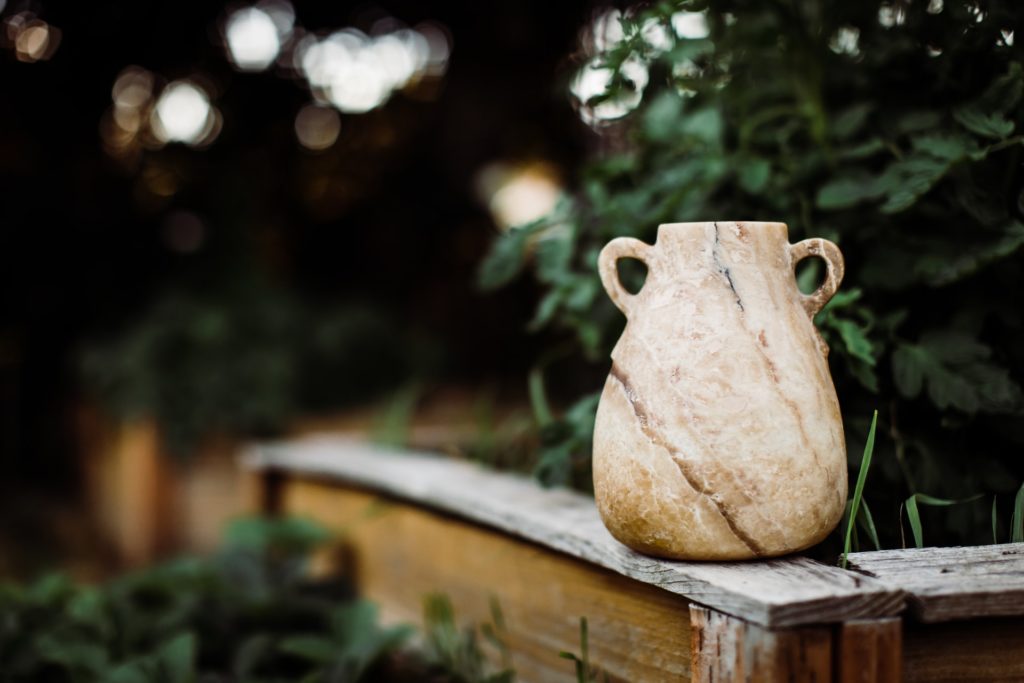
What makes a thing different than an object?
When and in what ways do things appear as things? They do not appear by means of human making. But neither do they appear without the vigilance of mortals. The first step toward such vigilance is the step back from the thinking that merely represents – that is, explains – to the thinking that responds and recalls. (pg. 179)
A thing appears when we understand it beyond merely representation. A thing appears when the fourfold of earth-sky-mortality-divinity (i.e., our existential nature) has been gathered into one.
How?
We’ve come full circle. The fourfold is gathered into one by dwelling, specifically, by dwelling poetically.
See the next post for a more complex example of Heidegger’s hermeneutic circle.
References:
Heidegger, Martin. 1971. Poetry. Language, Thought. Trans. by Albert Hofstadter. New York: Harper Perennial.

